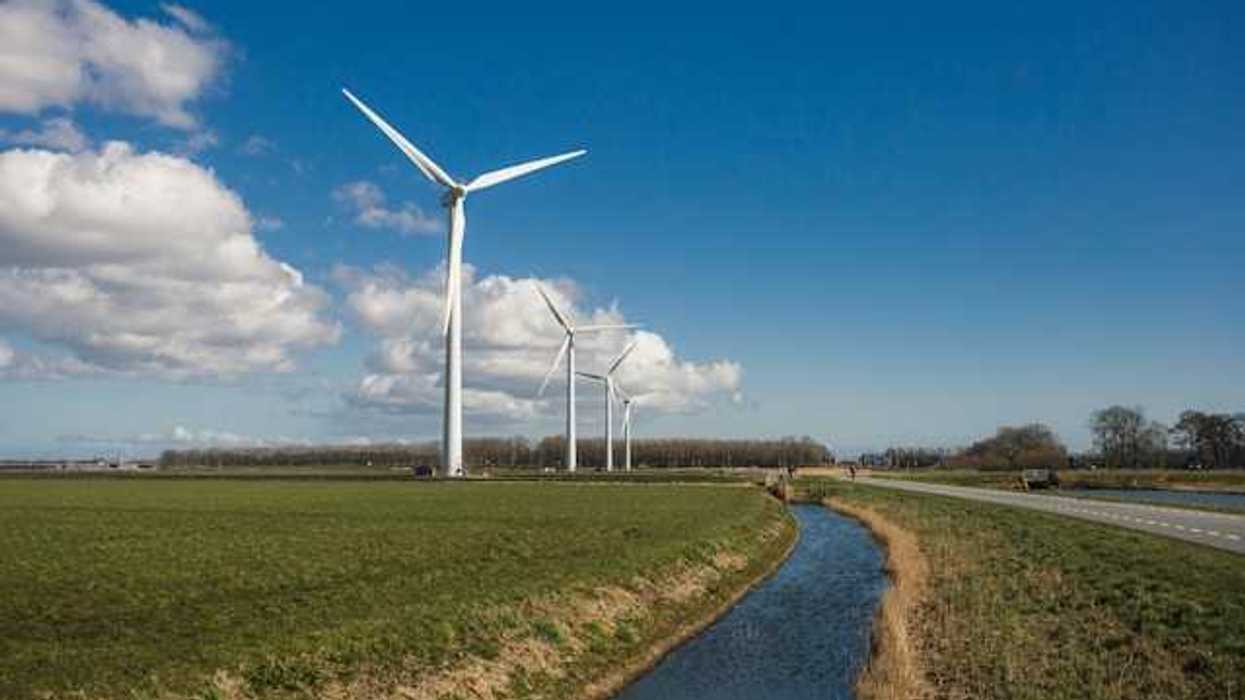As heat waves span across vast oceanic regions, they cause massive die-offs of marine species and emotional distress among scientists.
Bob Berwyn reports for Inside Climate News.
In short:
- Marine biologist Anne Hoggett observes the severe bleaching of coral in the Great Barrier Reef.
- Jennifer Lavers discusses the impact of these conditions on seabird populations, highlighting widespread starvation and deaths.
- Recent studies emphasize the increased frequency and damage caused by sudden spikes in ocean temperatures.
Key quote:
"We talk a lot about eco grief, that sense of being overwhelmed and feeling loss."
— Jennifer Lavers, coordinator of Adrift Lab
Why this matters:
As these heat waves become more common and severe, the consequences for marine life are profound. Coral reefs, which are already under stress from pollution and overfishing, face further threat as elevated water temperatures lead to coral bleaching. This not only diminishes the reef's vibrant colors but also its ability to support the diverse array of species that rely on it for food and shelter.














